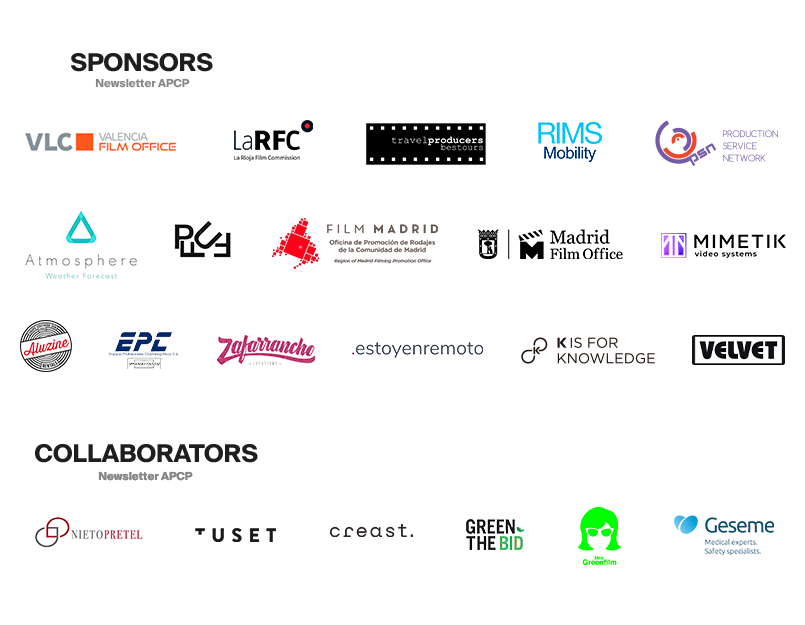The 21st of October is World Energy Saving Day, and since our industry requires the consumption of a lot of energy we need to be especially aware of the fact that caring for the environment is a task that all of us must take on, both inside and outside the workplace.
We want to spread awareness about this day, whose main objective is to promote a change in consumption habits, allowing a more efficient and responsible use of energy, and a lower impact on the environment and natural resources.
Energy consumption involves the use of natural resources and resources derived from fossil fuels such as coal or oil, which are limited. In addition, their extraction is very costly and has a major environmental impact. We must also add that energy consumption is carried out in everyday life, which is why we must try to make a rational use of energy and know its limits.
When we talk about limits, it means that energy is running out. Climate change is no longer a distant thing, it is already happening and the environment is suffering the consequences of our actions.
It is not a question of completely stopping to consume energy, but of making better use of the resources at our disposal. We can achieve some changes through small actions, even if we think they will not be enough to do so.
And how can we help to make this happen? Here are some tips, both to reduce energy consumption when filming and in everyday life all year round, so that we can all take care of ourselves.
– Use natural light whenever possible.
– Rent spaces with renewable energies.
– Use low-consumption electronic equipment. Upgrade your equipment and replace it with low consumption ones: LED, plasma and fluorescent lighting.
– Unplug equipment that is not needed or during breaks.
– Use energy-saving light bulbs.
– Switch off lights or televisions that are not in use.
– Control the use of heating and air conditioning.
– Unplug appliances that do not require continuous connection.
– Try to defrost food at room temperature, without using the microwave.
– Natural ventilation.
– Water-saving toilets.
– Encourage recycling and reuse of materials, including their transport to a clean point at the end of the product’s useful life.
– Control of material resources, opting for those of ecological or recycled origin.
– Commitment to the use of renewable energies.
– Purchase clean energy.
– Regular inspections for physical checks of the correct functioning of the equipment.
Join the change!



